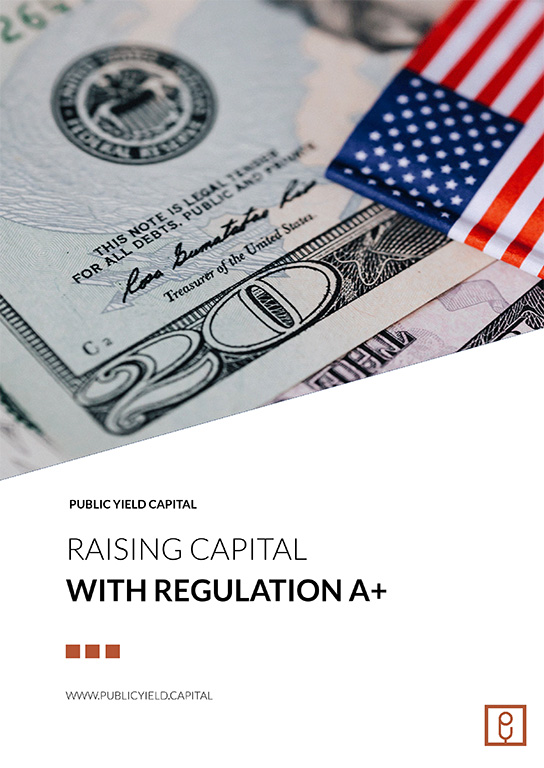
Regulation D Rule 506(C) Equity Crowdfunding in 2024 stands at the forefront of revolutionizing startup financing. This comprehensive guide delves into its significant impact, highlighting the advantages, challenges, and the evolving role of investor relations in this dynamic field.
Understanding Regulation D Rule 506(C)
Regulation D Rule 506(C) has been a pivotal game-changer in equity crowdfunding. This SEC regulation empowers startups to raise unlimited capital from accredited investors. With its allowance for general solicitation and advertising, previously restricted in other regulations, Rule 506(C) has become a magnet for innovative startups.
The Unwavering Dominance of Rule 506(C)
Advantages:
- Unlimited Fundraising: Rule 506(C) uniquely removes fundraising caps, offering startups unprecedented financial growth opportunities.
- General Solicitation: This provision allows companies to publicly advertise their investment opportunities, significantly widening their investor reach.
- Focus on Accredited Investors: Rule 506(C) ensures investments from individuals with necessary financial acumen, thereby fortifying investment quality.
- Simplified Reporting Requirements: The primary compliance requirement of verifying accredited investor status simplifies the fundraising process for startups.
Comparative Analysis with Other Regulations
When juxtaposed with Regulation Crowdfunding (Reg CF) and Regulation A+, Rule 506(C)’s lack of fundraising cap and simplified compliance requirements make it a standout choice for startups aiming for efficient capital raising.
Impact of Rule 506(C) on the Equity Crowdfunding Ecosystem
Rule 506(C) has significantly broadened access to capital for startups, democratizing the funding process and breaking down traditional barriers that once limited capital raising to personal networks and large venture capital firms.
The Accredited Investor: A Pillar of Rule 506(C)
The accredited investor, defined by specific financial criteria, is a cornerstone of Rule 506(C) crowdfunding, contributing stability and sophistication to the investment environment.
Legal and Tax Implications
While offering numerous advantages, Rule 506(C) crowdfunding also brings a set of legal and tax considerations. Companies must meticulously verify accredited investor status to avoid SEC penalties and be aware of potential tax implications for both startups and investors.
The Role of Investor Relations in Rule 506(C) Crowdfunding
Investor relations calling desks and outreach programs are crucial in connecting startups with potential investors. They effectively communicate investment opportunities, ensure compliance with Rule 506(C) requirements, and build investor confidence.
FAQs on Rule 506(C)
This section provides clarity on common queries about Rule 506(C), including public solicitation, investor eligibility, and international regulatory comparisons.
Navigating the Equity Crowdfunding Landscape: Investor Relations Outreach
Investor relations outreach programs are pivotal in guiding investors through the nuances of equity crowdfunding. They offer vital information, assist in due diligence, and help investors make informed decisions.
Emerging Trends in Equity Crowdfunding
The incorporation of blockchain technology, the emergence of niche platforms, and the application of AI and analytics are reshaping the equity crowdfunding landscape, steering it towards more targeted, secure, and efficient investment processes.
Global Perspective on Equity Crowdfunding
Rule 506(C), while U.S.-specific, is part of a global phenomenon of equity crowdfunding. Understanding its comparison with international regulations, such as the European Union’s ECSPR and the UK’s FCA, provides a comprehensive global view.
Alternative Capital Raising Avenues
The article also explores alternative capital-raising avenues such as debt crowdfunding, venture capital, and angel investing, each catering to different stages of a company’s growth.
Regulation D Rule 506(C) continues to be a significant force in the equity crowdfunding world in 2024. Its benefits, such as unlimited fundraising capabilities and expansive investor outreach, are unparalleled. However, companies must be mindful of its focused approach and legal implications. This evolving landscape calls for strategic engagement with investor relations and staying abreast of the latest trends and regulations.



